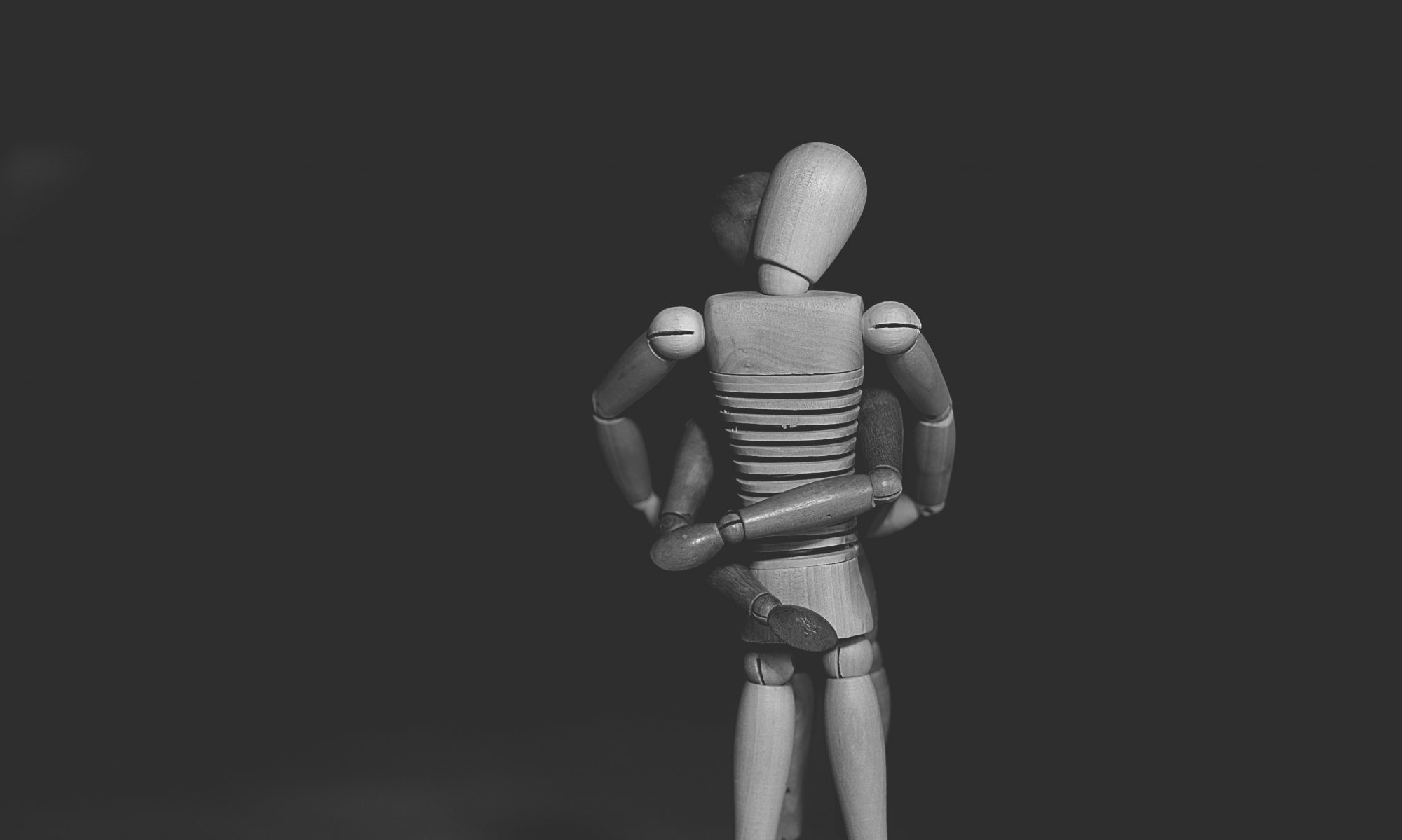
Vulnerability and exposure in relationships
Many of you know what it’s like to live in a renovation project. A year ago I bought my house below market price knowing it would need a lot of work. Four months into the renovation I described my life to a friend as coming home daily to a Christmas nativity calendar, I just never know what I’ll find when I open the front door. On this particular day I opened the front door to discover something that left me very contemplative, honestly it took my breath away.
I found that I had no internal doors in my home. Not a one, not a cabinet, closet, pantry, drawer, or room door.
I was left with a feeling of being very exposed, as if there all my secrets were for the world to see. I had a friend coming over to watch a movie later that evening and my first impulse was to call him and cancel. After all, I couldn’t let him see all of this, all of me.
Then I asked myself, “What is it that he would see, after all?” There are no real skeletons in my closets.
He might see that comforter that I stuffed in the corner of the bottom shelf of the linen closet without bothering to fold it or have it cleaned. Or he might see that at 39 years old I still can’t fold a fitted sheet properly. (Yes I know the concept, I just can’t make it work) He might see disorder, he might see that though I bought the wood glue to fix the desk I still haven’t gotten to it, so he might see procrastination. He might see how many shoes I truly own, so he might see my attempts at self-emotional comforting. Or he might see that closet that still doesn’t have shelving, so he might see that sometimes I’m lazy. Am I afraid that he’ll see that I’m not as put together as I appear to be?
I didn’t cancel his visit, instead I reflected on the ideas of vulnerability and exposure. “What if”, I thought, “all of my metaphorical doors were removed?” Suppose everyone that met me could see all that is there, both the order and the disorder. What if you could see that in high school I could barely pass my algebra class because I had undiagnosed dyslexia? Suppose you could see my shame followed by my relief when I was given the right tools to achieve? What if you could see that I can’t whistle, nope, can’t do it? What if you could see the pain of betrayal and abandonment that I carry from failed relationships? Or suppose you could see the shame that myself and my family could not do more to help my father find a way out of his alcoholism before it was too late. What if you could see my fear that I may not be able help when I’m needed or to receive help when I ask for it?
I am left wondering if being able to see all of that, would others be repulsed?
I kind of doubt it because don’t we all have our vulnerabilities hidden behind our own symbolic cabinet doors. Wouldn’t it humanize each of us if our “stuff” was just out there for the world to see? Wouldn’t we treat each other just a little bit kinder and with more patience if what you got when you met me was a person with no doors?
As a therapist, I’m not advocating spilling it all on the first date. In fact, I often coach my clients on first date strategy. Many of my clients have complicated pasts and I assure them that they should not open all of their doors on the first, second, or even third meetings. That they should, iinstead, allow the person to earn their trust, to be worthy of getting to know them, and in time they can grow together as little intimate truths of each of them are revealed much like the buildup of the naivety calendar as it approaches Christmas day and the larger doors.
“It’s not oversharing, it’s not purging, it’s not indiscriminate disclosure, and it’s not celebrity-style social media information dumps. Vulnerability is about sharing our feelings and our experiences with people who have earned the right to hear them.”
-Brené Brown, Daring Greatly
I stand by this advice and I use it myself. But in our trusted stable relationships, the ones that have shown to be supportive and nurturing, why are we still hanging doors? Why are we so afraid to show these dependable people who we are inside the closets? These are the people that need to see inside the most that will rather than reject us, they have proven that they will embrace us even more for our disorder. In fact, they might even come over on a Saturday and help us sort some of it out.
If we never remove the doors we’re never allowing those in our lives to truly see us and truly love us for who we are behind the doors. We are denying ourselves the chance to be utterly loved for all that we are, were, and have the capacity to be.
Vulnerability allows us to be known, supported, and seen. How can we ever expect another person to understand the big picture of “us” if we keep some of the puzzle pieces in the back of a drawer? We’ve got to take the risk and pull those pieces out. Each of us need to be able to say out loud, “here’s this piece, it left me scared, hurt, empowered, ashamed, thrilled, and here’s how it shaped me.”
But on this day I’m struck by the idea of allowing utter vulnerability to be my goal, to trust that no judgment can harm me, not the “me” that matters anyway, and to sit with the feeling of exposure and to embrace it. I won’t lie – vulnerability is a risk. There is a chance of rejection when we allow ourselves to be exposed. That’s a sad truth of life on this planet at this time. But if I show you who I am, and you reject me for my truth, you’re not the one that should be walking beside me.
I may have hoped you would have been, but you’ve shown me that you’re not and I need to let go of that hope and move on. Move on and be prepared to be vulnerable again at some time in the future when I feel I’ve found someone I can once again trust.
Learn More about Vulnerability
Brené Brown is the worlds foremost expert and researcher on vulnerability. If you would like to learn more about the power of vulnerability, we suggest you start with Dr. Brown’s Ted Talk on The Power of Vulnerability or read more about Brené Brown on Vulnerability as a Crucial Strength.
Mark Manson is at the forefront of teaching people to be vulnerable when trying to connect with someone. You can explore more about using vulnerability in dating in the article Vulnerability Without Weakness – Mark Manson’s Concept In Action.
